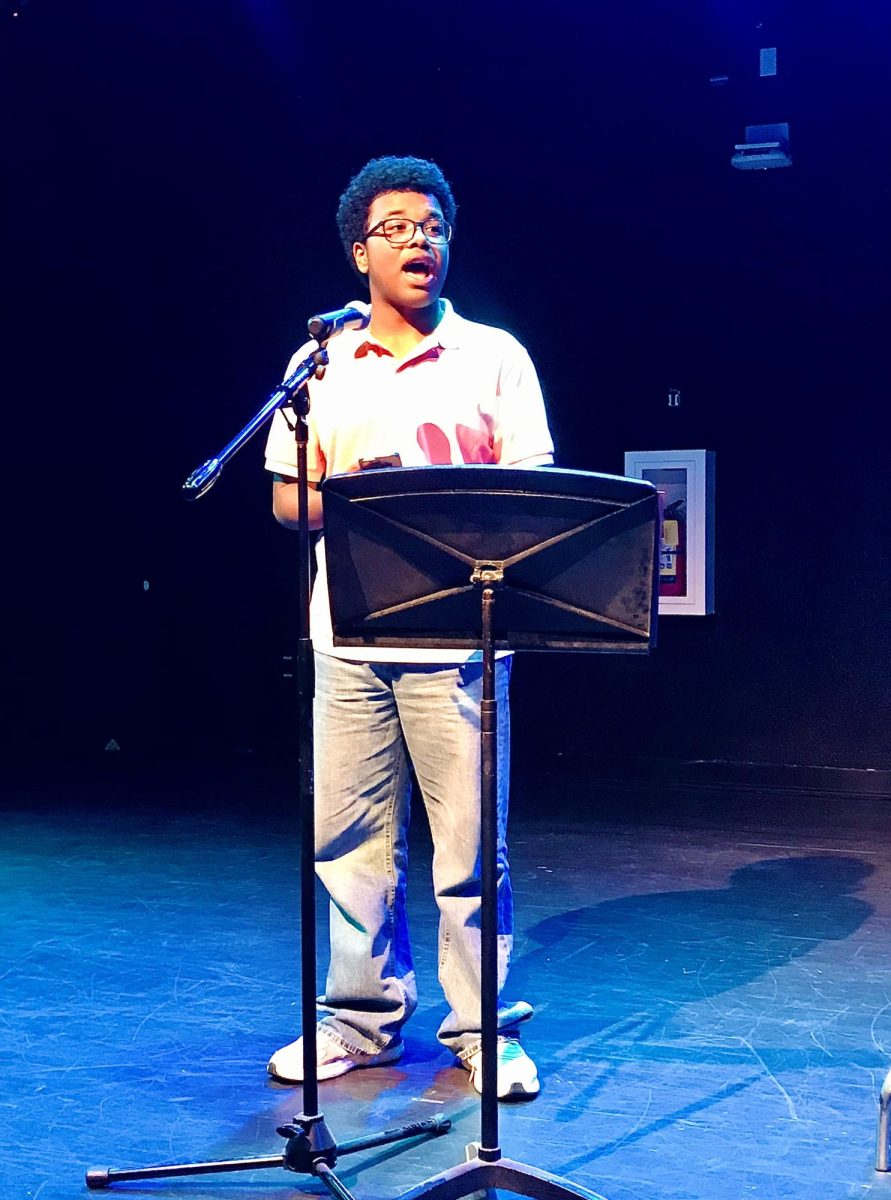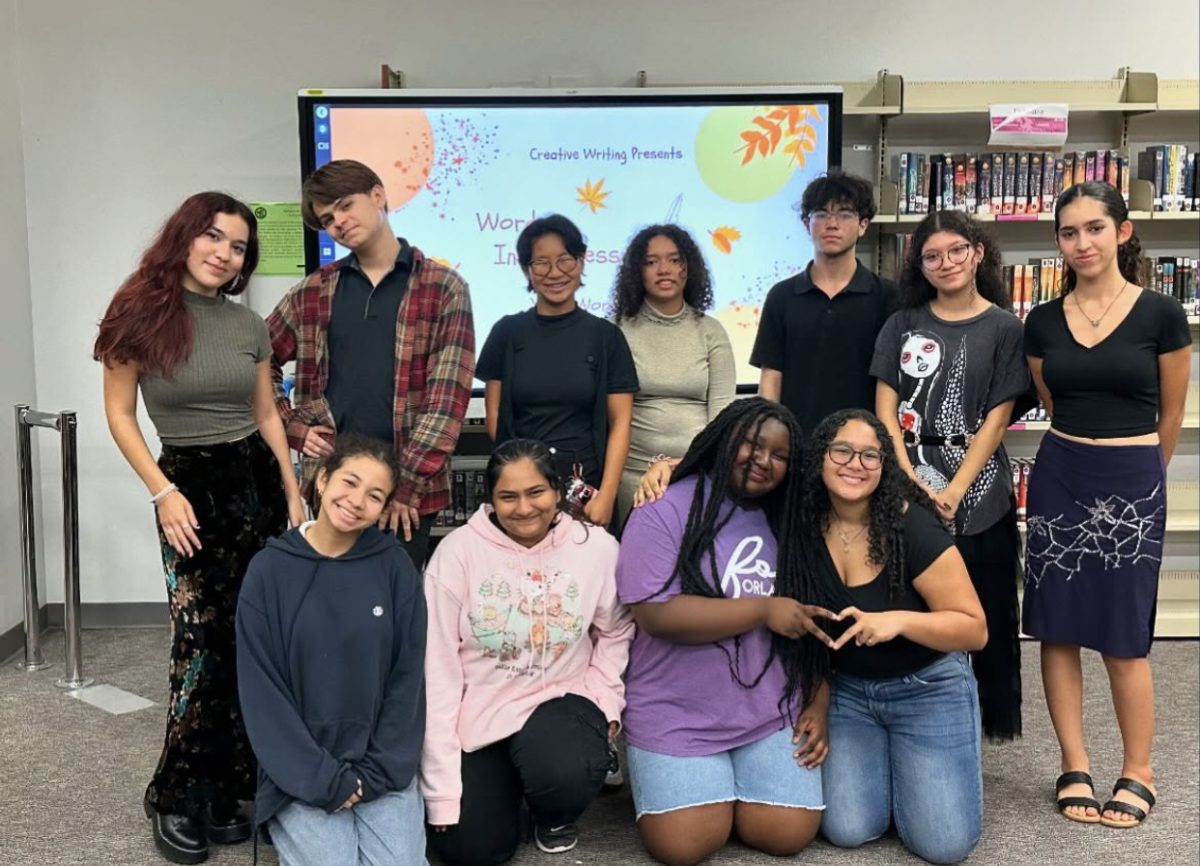LOS ANGELES, The 77th Primetime Emmy Awards, hosted by comedian Nate Bargatze, has sparked a lot of debate over a controversial fundraising idea that featured a real-time tally of charity donations at the center of the ceremony.
To address the long acceptance speeches, Bargatze introduced a unique set of rules at the beginning of the show. He promised an initial $100,000 donation to the Boys & Girls Clubs of America, but with a twist: for every second a winner went over the 45-second limit, $1,000 would be taken from the total. On the flip side, $1,000 would be added for every second a winner stayed under the limit.
This segment, meant to be a light-hearted way to keep the show on track, received mixed reactions from the audience and viewers at home. A large screen behind the podium displayed the running total, creating real tension with each new winner. Some winners, like Seth Rogen, kept their speeches short and contributed to the donation, while others caused the total to drop. The cast of the limited series “Adolescence” reportedly led to a significant decrease of $36,000, prompting a joke from Bargatze that the show about adolescents was affecting adolescents.
The controversy was heightened by several moments during the night. “Hacks” star Hannah Einbinder exceeded the time limit during her acceptance speech, famously saying, “I’ll pay the difference” after making a political statement. Later, “Last Week Tonight” host John Oliver jokingly criticized Bargatze for his “scheme” before rushing through his own speech. Some saw this running gag as a funny way to hold Hollywood’s elite accountable, while others viewed it as a tacky way to scrutinize what is, for many, the biggest moment of their careers.
By the end of the night, the running total had dropped into the negative, reaching as low as negative $60,000. However, the night concluded positively for the charity. Bargatze and CBS announced they would make a combined donation of $350,000 to the Boys & Girls Clubs of America, far surpassing the initial pledge.
Despite the critics, the producers defended the segment, claiming it “worked” by keeping the show on a more manageable schedule and ultimately raising a considerable amount of money for a good cause. The Boys & Girls Clubs of America expressed gratitude, noting that the exposure and generous donation would greatly benefit their programs.







